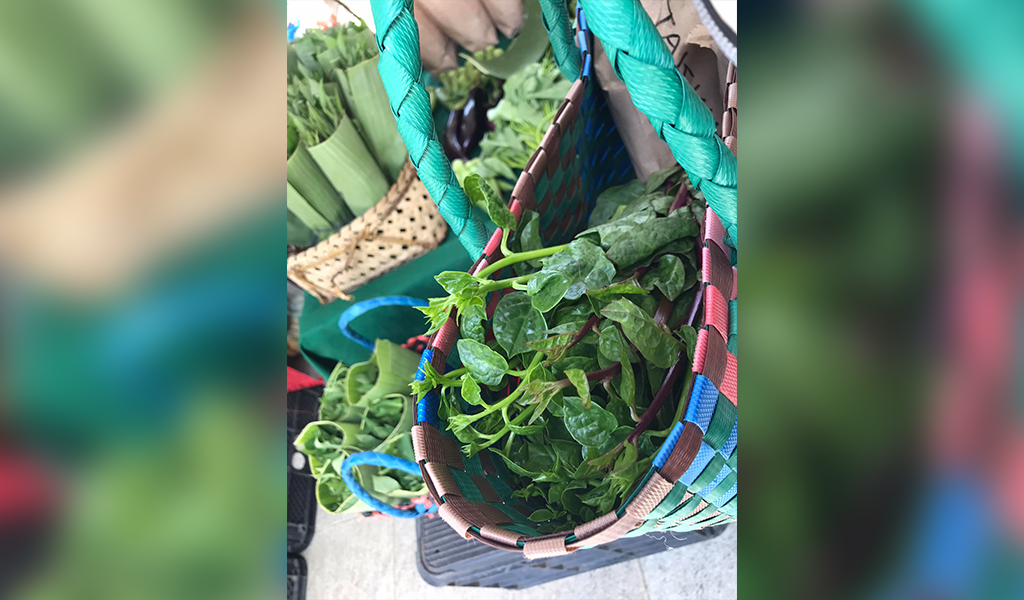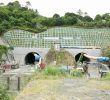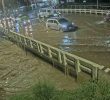
DAVAO CITY, Philippines – Ateneo de Davao University is launching a campaign to re-introduce the ‘bayong’ in the city’s largest public market Bankerohan to help reduce the use of plastic bags in the city.
The university’s ‘Bayong-kerohan’ campaign aims to encourage market-goers to use the traditional bayong, a bag made of woven dried leaves and even recycled plastics, to carry fruits, vegetables, and other dried goods.
The campaign aims to address the city’s waste management problem starting with Bankerohan, where 32,095 pieces of plastic or sando bags are reported to be used every day by marketgoers and vendors, their survey says.
Four stores in the Bankerohan public market are joining the campaign by selling plastic bayong from P150 to P350 each. These are Dadao’s Flower Shop and Native Products, Janeth Store, Eric Neal Pondoc, and Kairon Store.
Supportive
Market vendors welcome the efforts as it helps not only in addressing environmental problems but also in their economic needs.
Krismar Tan, who sells seafoods in Bankerohan, said he spends P50 a day on plastic bags. He finds the shift to bayong could help cut down his expenditures as sales are sluggish due to the effect of the pandemic.
“Wala gyud mi problema ana kay makatabang pa noon na sa amoa. Mahal baya pud ang kaayo ang mga palaliton. Kung mahitabo man dakung tabang pud na sa amoa,” he said.
(This isn’t a problem for us, because it helps us instead. Prices are now expensive. This can help us.)
Similar to Tan, Daisy Cadoy also likes to see her customers shift to bayong when buying rice from her.
Cadoy said she has heard from her community church campaigning to their members to avoid single-use plastics and practice proper waste disposal as this material clogs canals in the city that cause flooding during heavy rains.
Even if she knows little about the extent of the city’s waste disposal problems, Cadoy attests that in Bankerohan market alone, she sees thousands of plastic bags pile up.
“Kay sa mga tindahan pa lang gani dire ha, inig kanang manglabay na sa basura daghan na kaayo og plastic. Mas maayo gyud unta kanang ipatupad gyud kanang magdala na bitaw og sarili nga sudlanan ang mga tawo,” Cadoy suggested.
(Just looking at my area, there’s a lot of plastics getting disposed. It’s better if we could impose that people bring their own bags.)
Awareness
The Bayong-kerohan conducted a survey among 100 stall owners in Bankerohan and found that 32,095 pieces of sando bags are being used every day.
Other types of plastics used in the market every day are plastic/styro containers (3,535), plastic/styro cups (3,569), plastic straws (462), and other kinds of plastic packaging (12,401) that contribute to a large amount of waste coming from the public market each day.
The survey, conducted with 100 stall owners in Bankerohan, shows only a fraction of the amount of waste produced in the public market, says Justine Lu, one of the proponents of ‘Bayong-kerohan’.
Another part of their survey shows half of the market vendors or 52% are aware of laws that push for the management of solid waste, such as the Ecological Solid Waste Management Act (Republic Act 9003) and Davao City’s No Single-Use Plastic Ordinance (SUP) passed on March 2021.
One problem with the implementation of the SUP is that plastic sando bags are not included in the so-called first phase of the SUP ordinance.
Maria Cecilia Rodriguez from the AdDU Communication Department Faculty said this exemption poses a challenge in their campaign, as they need to educate the public on the effects of plastic waste on the city.
Another problem is the lack of implementing rules and regulations of the SUP ordinance.
“Without the IRR, (there’s a lack of effort) to explain to the public (why plastics are prohibited), why we need to use materials that don’t contribute to the waste problem,” Rodriguez said.
Davao City generates around 600 to 700 tons of waste every day, according to the City Environment and Natural Resources Office (CENRO).
The city also faces a need to find alternative waste disposal sites as the sanitary landfill in Barangay Carmen in Tugbok is already overflowing.
Of the city’s 182 barangays only six barangays: Tacunan, Mintal, Mahayag, Gumalang, Lapu-Lapu, Hizon, and Catalunan Grande have materials recovery facilities (MRF) contrary to the provisions of Republic Act 9003.
Under the law, each barangay should set up an MRF recovery to receive, sort, process, and store compostable and recyclable materials so that residential waste will not end up directly in the landfill. (davaotoday.com)
davao city, plastic waste









